Last Updated on July 30, 2021
The first trailer for Andy Serkis' MOWGLI is here! Many have been curious about the actor/director's retelling of Rudyard Kipling's classic tale from "The Jungle Book" and how it would compare to Jon Favreau's live-action 2016 version. As you can see for yourself, the film looks to take a look at some of the many unexplored elements of the Disney version of the story, leaning more on Kipling's original story and seeking to tell a version that stands apart from the iterations that have come before. In addition to the trailer drop, we have an exclusive interview with Serkis about the film, which you can check out below, as well as a new featurette about the making of the film.
I have to start with the obvious question, which is after the massive success of the Disney version what was it that kept you onboard to see MOWGLI through despite that?
Oh, listen, I always had complete faith in our film and our version of this story because I was really passionate about it when I first read the script, which was of course before the Disney version came along, so I really wanted to see it through. It wouldn't leave me. Not least because we had an amazing principal photography shoot with a great cast. I was very certain about the film I wanted to make. I know that in my heart of hearts it was the right thing to do, because they are entirely different movies and I believe that the audience will want to come see this film, because it's much, much more located in the lore and the world and the tone of the book. Look, I mean, people go and see reboots/remakes all the time now with increasing frequency, I mean, how many Spider-Man movies have there been in the last decade and people are still interested in going to see it. I do think this is a very fresh and different approach and one that hasn't been seen before. At the moment the challenge is getting out the preconceptions and messaging the film and making sure that people really do fully understand that it's a wildly different affair, y'know?
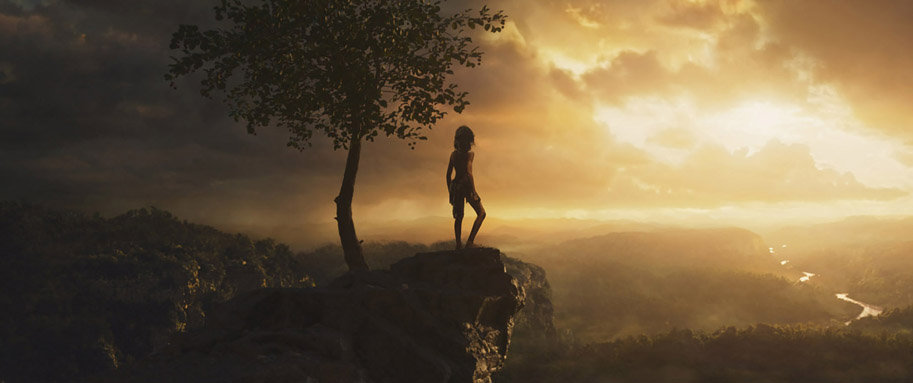
This is your first big-budget feature as a director. What made you want to direct this one yourself as well and did that inhibit you at all as an actor?
It's interesting. I read the script and was blown away by the script for a start, that's what got me onboard. I was super excited about it. And the challenges for me were, y'know, how to make talking animals believable. I've spent many years using performance capture and I knew that was the way to go. The challenge was going to be making it visceral, making it a Mowgli-centric story, which it is, but have these creatures be actors-you feel their emotion, you feel their connection to Mowgli in whatever way. For me, it was about using that experience that I've had on, for instance, on the APES movies, but actually taking it a step further in terms of performance capture, because the way that the Apes were designed, they reflect human expression and particular human expression and, y'know, Caesar's face reflects my acting choices. But, that's dealing with a physiognomy which is fairly close to humans. When you're talking about panthers and tigers and pythons, it's a different affair, really. And that needed testing and a great deal of work to make a reality. I knew one thing was for sure, I didn't want to go down a "we're going to create a digitally perfect tiger and then put a voice on it" because for me that is not believable or emotionally truthful. I knew it had to be designed around the actor's physiognomy, so that process was key to my coming on board, I suppose and my ethos about creating roles in that way.
And then the second part of your question, does it inhibit me as an actor, I mean, it didn't. The process by which we shot this was we had all our key principal cast together with Rohan Chand, who played Mowgli, we had them go for three weeks and we built proxy sets and we shot facial capture. They moved physically around as the beasts as much as they could, giving physical cues to the animators. It's very much a hybrid performance capture/animation movie from the animal's point of view. With all the best in the world, you cannot run as a panther, you cannot run as a tiger, but you can move like a tiger and you can turn and you can breathe and you can take close-ups as a tiger, but at some point the animation has to take over, so it was a very sort of clear delineation as to where acting melds with good animation in this.
We shot three weeks with the actors and then we went on to live-action locations and on to our jungle sets that we built at Levesdon Studios-the only inhibition for me as an actor and director was that because of the hours that Rohan Chand was allowed to spend on set everyday, I would often have to do my acting when he wasn't there. So, for my performance capture I would have a stand in, whereas I think for everybody else they certainly did act with Mowgli, so that was the tricky thing.
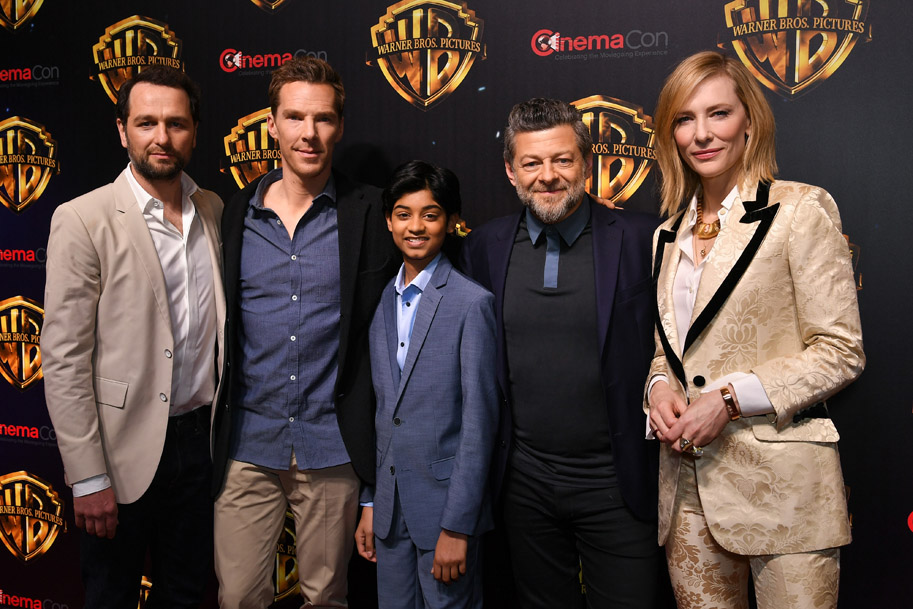
So, you've got Benedict Cumberbatch as Shere Kahn, Christian Bale as Bagheera, Cate Blanchett as Kaa, Naomie Harris as Nisa and yourself as Baloo. Was it the intent to hire all this amazing British talent for these roles or was that just how it worked out?
No, it was always going to be a British cast. It's set very much at the turn of the century colonial India and it has a British feel to it therefore. And, we were just very fortunate when we were casting in that people were very excited about stepping out of their comfort zones and acting in this way and using performance capture technology. It was extraordinary. I didn't believe we'd get a cast like this, but everyone was up for it. Everyone wanted to do it.
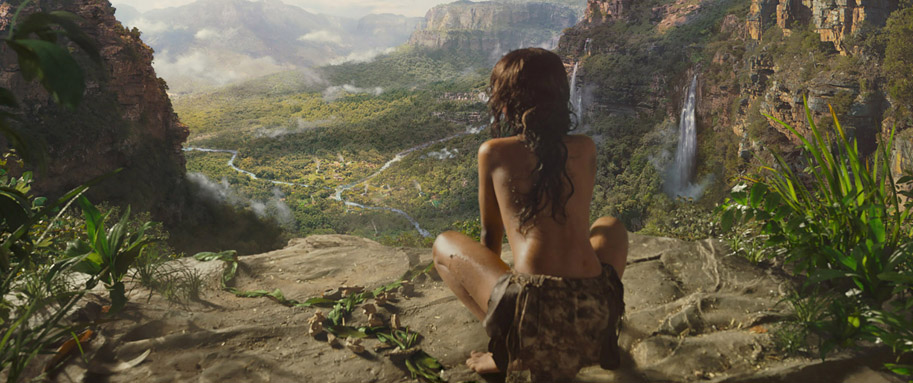
It seems like MOWGLI is being sold as a darker, maybe more gritty or realistic tale. Is that because of Kipling's original story or is that just the kind of feel you wanted to go for?
No, it comes from-it originates from the tone of the book. The Jungle by nature in the book is a place of savagery as well as beauty and as well as it being an idyllic wonderland for a child to grow up in it also has great threat and great danger and there's real consequence, there's real jeopardy for Mowgli. And also, it's definitely a Mowgli-centric story, which is sort of the book, he is this orphan child that grows up with wolves and at a certain point realizes he's an outsider. The film is really about Mowgli's identity and the search for his identity. One of the things that really appealed to me about telling this story was the times that Kipling was writing this book in and his own personal journey and somehow melding that colonial Indian world with Kipling's experience of growing up. There are so many contradictions in this movie; Mowgli being brought up with wolves and then with humans, all of the animals have identity issues in a sense in the story. Bagheera, y'know, who we think to be an animal of the jungle was actually brought up by human beings a trophy pet in a palace. Kipling himself, writing the book, y'know, he grew up in India and then at a certain age was forced to live in England where he had a fairly brutal upbringing and was very, very unhappy during his childhood. And the conflict itself, and the underpinning and underlying, conflict of Kipling as a writer and Kipling as a writer in the 1800's being partially revered as the author of his generation and partially reviled for being a man of imperialism, a child of imperialism, a child of colonization. So, all of these textures are swimming around in our version. It's like it doesn't set out to be a piece of entertainment-it is entertaining, it is dark and the story is-it just is truthful, I suppose. That's the key thing, it's not every tipping a nod to the audience saying, "we're having fun here" it's a real journey.
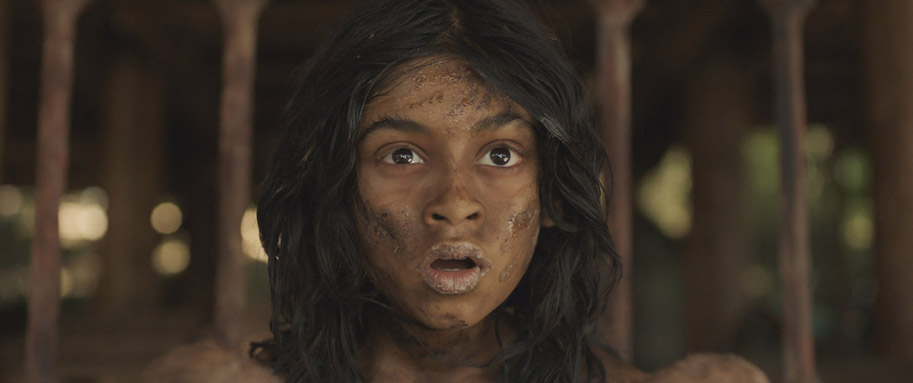
Rohan Chand has been developing as another talent (see: BAD WORDS), what does he bring to the role of MOWGLI:
He is a phenomenal actor and when I first met with him it was clear that he had such an understanding-apart from the fact that he looks like-you look at him and you go, "Oh, that's Mowgli." He looked like that child and how your imagination is of Mowgli. He really went for it and boy did we put him through it. It's an adult role. Mowgli is an adult role given to a child. And, he really went with it, he physically went through it. I wanted him to be on all fours for a lot of the movie, having been brought up with wolves, as certain children who are brought up with dogs or monkeys or whatever animals they're orphaned to. So, he really understood it and really went for it and the whole emotional arc and the darkiness of the character and the wylinesss of the character. He just brings so many layers to it. So, I think he's definitely a major talent.
You are kind of the pioneer, I would say, of motion capture. It feels like it's adavanced to such a great point now. Where do you see it going in the future? Has it reached its peak or are there new places to take it?
Oh no, I think it's actually a really intersting place. I think everyone agrees it's proven its place in blockbuster cinema and is constanly being used in every single movie to a certain degree or another in tentpole movies. The interesting thing is that it sort of lies right in the epicenter of lots of different platforms and certainly with emerging VR content and AR content and that's what we're exploring at Imaginarium studios. And also onstage with live experiences using performance capture, which again we've been working with. Two years ago we worked on a performance of Shakespeare's The Tempest for the Shakespeare company and created the first sort of onstange perfromance capture role. So, I think there are loads of potential different uses for it, which is very excting.
MOWGLI swings into theaters on October 19th, 2018.
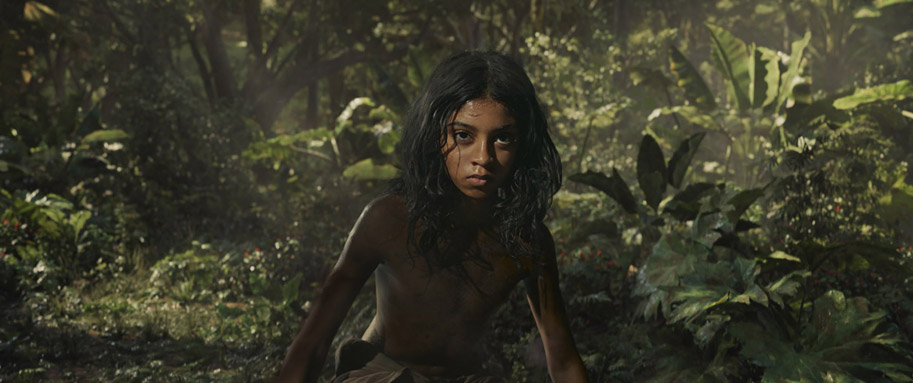











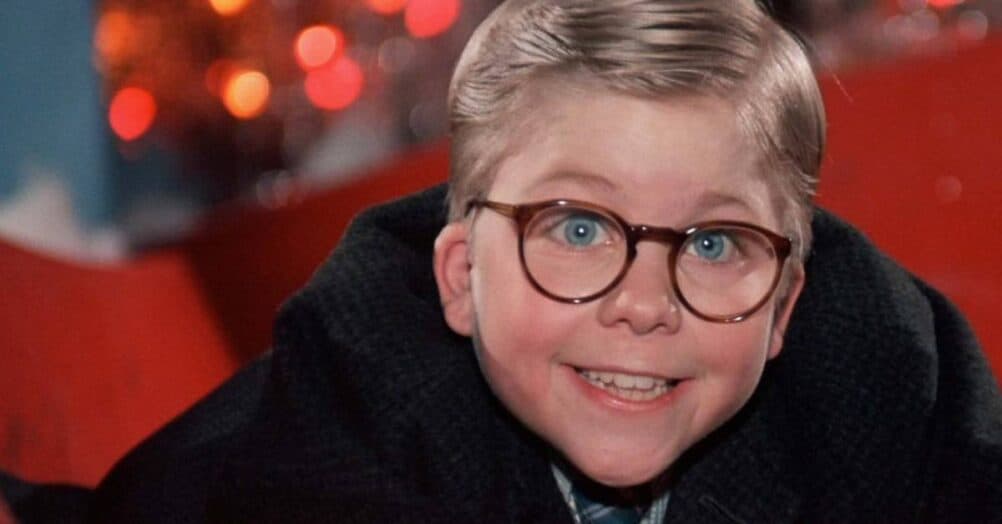








Follow the JOBLO MOVIE NETWORK
Follow us on YOUTUBE
Follow ARROW IN THE HEAD
Follow AITH on YOUTUBE